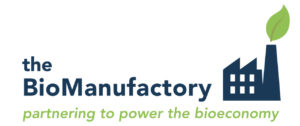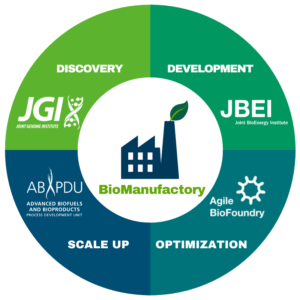Accelerate and de-risk the R&D of your bio-based product:
- Combine multiple omics technologies and bioinformatics
- Rapidly design, build and test through automated workflows
- Use powerful computing & modeling infrastructure for predictive scale-up
- Leverage large-scale fermentation capabilities
- License an extensive catalog of intellectual property
Rapidly transition from biological hypotheses to pre-commercial applications
 The DOE Joint Genome Institute (JGI) is a National User Facility & the leading contributor of publicly accessible genomes for environment & energy.
The DOE Joint Genome Institute (JGI) is a National User Facility & the leading contributor of publicly accessible genomes for environment & energy.
- High-throughput large-scale sequencing, functional annotation, and metabolomics characterization of plants, fungi, microbes, and metagenomes
- Data science and bioinformatics — for comparative and advanced analyses
- DNA synthesis and host engineering for gene function and biosynthetic pathway discovery
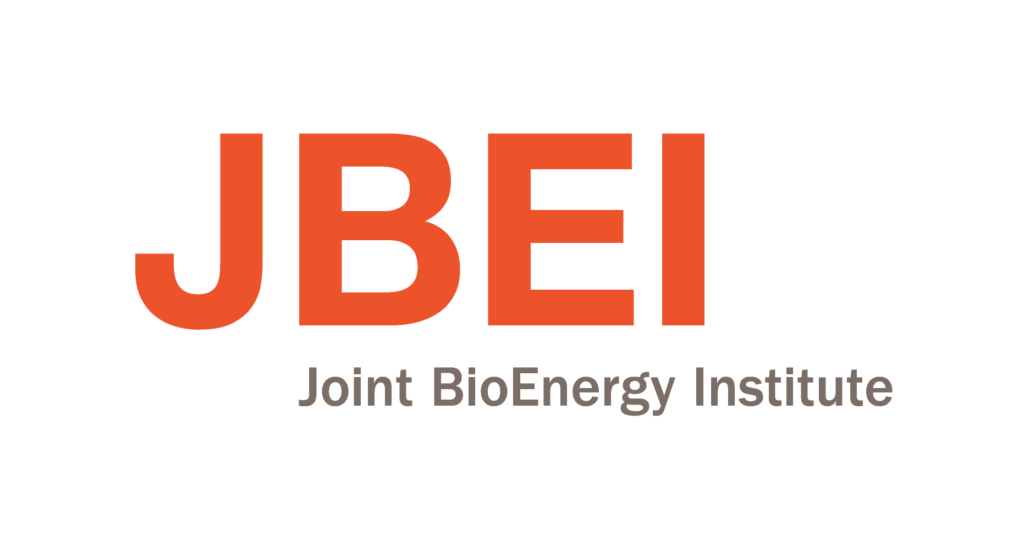 The Joint BioEnergy Institute (JBEI), is a DOE Bioenergy Research Center and includes six national laboratories, six academic institutions, and one industry partner. JBEI is led by Berkeley Lab and intellectual property developed by the institutional partners is managed and licensed by Berkeley Lab.
The Joint BioEnergy Institute (JBEI), is a DOE Bioenergy Research Center and includes six national laboratories, six academic institutions, and one industry partner. JBEI is led by Berkeley Lab and intellectual property developed by the institutional partners is managed and licensed by Berkeley Lab.
- Machine learning, high throughout biochemistry, microfluidics, and informatics to support synthetic biology, and enzyme discovery and characterization.
- Engineering microbes to transform sugars, lignin, and waste gases into products and advanced fuels
- Developing feedstock agnostic biomass or waste deconstruction technologies that enable the valorization of available carbon
- Engineering plants to improve deconstruction or digestibility and impart stress resistance; understanding their interactions with beneficial soil microorganisms
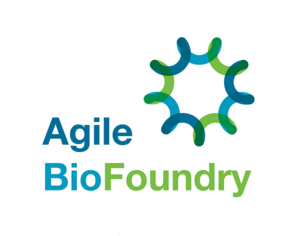 The Agile BioFoundry (ABF), is a consortium of seven national laboratories dedicated to accelerating biomanufacturing. ABF activities and capabilities span:
The Agile BioFoundry (ABF), is a consortium of seven national laboratories dedicated to accelerating biomanufacturing. ABF activities and capabilities span:
- Core biological engineering Design/Build/Test/Learn cycle infrastructure development and demonstration
- Developing pathways to sustainable biochemicals and aviation fuels
- Beachhead molecule establishment and flux enhancement
- Techno-economic and life cycle analyses for exemplar molecules
- Onboarding and further development of industrially-relevant host microbes
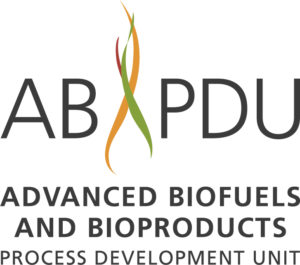 The Advanced Biofuels and Bioproducts Process Development Unit (ABPDU) has enabled scores of companies, including leading innovators in the synbio, food, and industrial biotech sectors to de-risk their path to scale up.
The Advanced Biofuels and Bioproducts Process Development Unit (ABPDU) has enabled scores of companies, including leading innovators in the synbio, food, and industrial biotech sectors to de-risk their path to scale up.
- Feedstock pre-treatment and deconstruction
- Fermentation and chemical process scale-up
- Product recovery and purification
- Techno-economic modeling and analytical chemistry
Support for these projects comes either directly from the partners or through government-sponsored programs.

